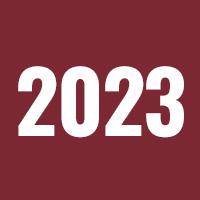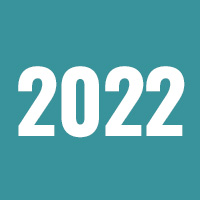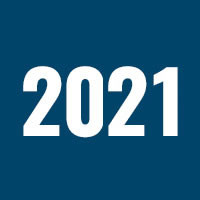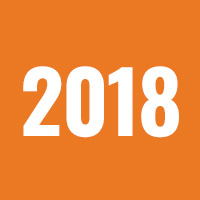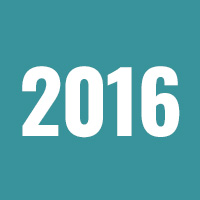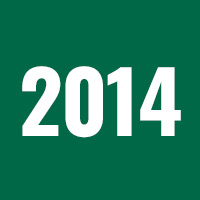At Northwest, we value diversity and inclusion. Northwest has adopted the Inclusive Excellence framework as it shifts the responsibility of recognizing the importance of an inclusive environment to the entire campus. This framework allows Northwest to recruit, support and retain a diverse population while encouraging and acknowledging diversity of thought. It allows Northwest to address and enhance issues of race and help close equity gaps on campus. Finally, the framework has been accepted by every academic, administrative and support function on campus.
Current Actions
Inclusive Excellence Action Plans for office areas on campus:
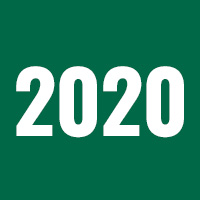
2020
- The assistant vice president of diversity and inclusion began drafting a Diversity and Inclusion Strategic Plan. The strategic plan includes three top-level strategies of faculty and staff learning and outreach, pathways for access and success for students, faculty and staff, and creating an inclusive campus climate. The strategic plan also introduces a Diversity Scorecard, which provides a metric to measure diversity and inclusion throughout the institution.
- The University enacted a President’s Diversity and Inclusion Advisory Team, an Issues of Race Action Team, and a Black Alumni and Friends Presidential Accountability Team to bring together representatives from various populations, help actualize Northwest’s diversity and inclusion goals and objectives, and address cultural insensitivity as well as structural and systemic issues of bias and racism.
- Northwest received a $1 million cash gift to establish the Karen L. Daniel Legacy Fund, help Northwest provide a center for Black students and friends, fund scholarships for Black students, and assist the University with its renewed focus on diversity and inclusion initiatives.
- Northwest, on Aug. 1, deployed required diversity and inclusion training for all University employees and members of its boards; 99 percent of employees and 100 percent of board members completed the training by the Aug. 19 deadline. In addition to a required training component for Northwest students, the training is being made available to the Maryville R-II School District, city of Maryville and Nodaway County Commission and administration.
- Northwest created a Bearcat Equity Reporting Form to encourage students and employees to report any instance of discrimination on campus and within the Maryville community. The Bearcat Equity Program is a reporting system through which students and employees may report issues of discrimination and bias. Each report is reviewed by a Bias Response Team.
- Northwest underwent an internal and external review to align its Office of Diversity and Inclusion with national standards set by the Council for the Advancement of Standards (CAS in Higher Education).
- Northwest adopted the Inclusive Excellence framework to address and enhance issues of race and help close equity gaps on campus.
- Northwest commissioned Husch-Blackwell to review policies at the Board-level and within the Faculty Handbook to ensure they are equity-minded.
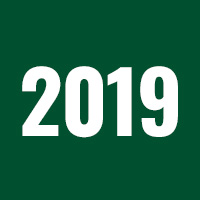
2019
- Strategic planning established new strategic objectives (SOs) with two focused on diversity and inclusion: SO1.3 “Foster inclusive campus and community environments; SO3.1 “Create and foster an inclusive environment where faculty and staff are engaged, empowered and valued.
- In collaboration with the American Association of State Colleges and Universities (AASCU), student success initiatives at Northwest focus on first-generation students with action strategies that address specific barriers and needs disproportionately affecting students of color. The AASCU project started in February, and its goal is to recognize blind spots and identify root causes that restrict progress, remove barriers to student success that signal institutional responsibility and ownership, align student success initiatives and institutional goals, and leverage learning into positive changes in policy and practice that improve equitable student outcomes.
- The University reorganized the Office of Diversity and Inclusion and moved the unit within Academic Affairs. Equity, which focuses on Title IX, ADA, and Title VI compliance, was removed from the umbrella of diversity and inclusion and remains within Student Affairs.
- In October, the University hired an associate provost of diversity and inclusion to examine systemic and institutional barriers that hinder the graduation rates of underrepresented students. This includes DFWI disparities, affordability and sense of belonging.
2018
- Student Senate voted to add five voting positions specifically for underrepresented students and further strengthen the voice of our underrepresented populations.
- During the 2019-2020 academic year, Northwest increased the number of courses it offered related to diversity, equity and inclusion to 14. Four of the courses are required for the diversity, equity and inclusion studies minor and the 10 courses are electives; 1,635 assignments or projects are assessed for the diversity, equity and inclusion learning outcome.
2017
- In February, the Black Alumni and Friends chapter of the Northwest Alumni Association was chartered.
- In 2017-2018, Student Senate created an Inclusion Committee to focus more efforts on diversity and inclusion programming, including attendance at national conferences and addressing issues related to diversity and inclusion at the Student Senate level.
- In 2017-2018, the Office of Diversity, Equity and Inclusion created the Celebration of Success Kente stole ceremony along with a lavender graduation ceremony to acknowledge underrepresented students persisting and graduating from Northwest.
- In 2017-2018, Northwest further strengthened implementation of the diversity, equity and inclusion ILOs by implementing a measurement of student success through the Canvas learning management system. This included creating a diversity, equity and inclusion studies minor within the Department of Humanities and Social Sciences.
2016
- The Board of Regents approved in April the creation of the Office of Diversity, Equity and Inclusion, replacing the Office of Multicultural Student Success, and the installation of a vice president with a seat at the Northwest Leadership Team table while reporting directly to the University president. The vice president facilitates University-wide responsibility and accountability for enhancing diversity, equity and inclusion practices.
- The Office of Diversity, Equity and Inclusion added a position for a second full-time coordinator.
- Northwest adopted "Being a Bearcat," a set of expectations for the University community that is provided to first year-students each fall and reviewed annually.
- In 2016-2017, Student Senate created a position for a multicultural representative within the Senate to keep members updated on various initiatives and programs taking place in the Office of Diversity, Equity and Inclusion.
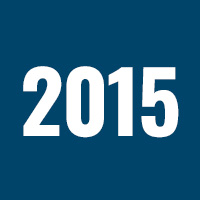
2015
- In August, Northwest implemented a Strategic Objective (SO) 3 action team. This cross-functional and diverse planning team was comprised of a community member, faculty, staff and students representing varied offices, departments and backgrounds to provide a robust engagement in improvement. This group spent six months evaluating the environment, gathering feedback, collecting data, defining goals and seeking solutions. The SO3 team focused work on barriers affecting underrepresented students.
- In alignment with Northwest's strategic plan, marketing and communication deepened its support of diversity and inclusion efforts in myriad ways, including numerous media spotlights about individual exemplars of student success among underrepresented students and inclusive marketing.
- University strategic planning was accompanied by an academic master plan that centered on the implementation of a set of Institutional Learning Outcomes (ILOs). These seven ILOs serve as the foundation for the Northwest Core general education program and align with co-curricular programming. While all of the ILOs can support one’s role in a multicultural society, an outcome dedicated to “diversity, equity and inclusion” provides specific indicators of success and metrics for assessment.
- Student Senate passed a fee to support diversity, equity and inclusion efforts at Northwest. This fee is $2/credit hour with the purpose of improving campus diversity, equity and inclusion related to infrastructure and programming, student access and success, and the overall learning and teaching environment.
2014
- Diversity and inclusion objectives were added to the University's strategic plan.
2013
- During the 2013 and 2014 planning cycles, Northwest increasingly asked questions centered on our mission and strategic objectives as well as the educational imperative related to enhancing diversity. We continued scanning the environment through both quantitative and qualitative inputs, open fora, focus groups and discussions. We were keenly cognizant of campus, community, state and national trends spotlighting the need for a bold strategy in the areas of diversity, equity and inclusion. This scanning highlighted the need to elevate our strategy to support learning and development across students, faculty, staff and the larger community.
- In 2013-2014, the Office of Multicultural Student Success expanded from one full-time employee and a graduate student to two full-time employees (director and a coordinator).
